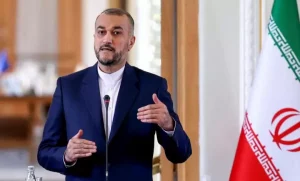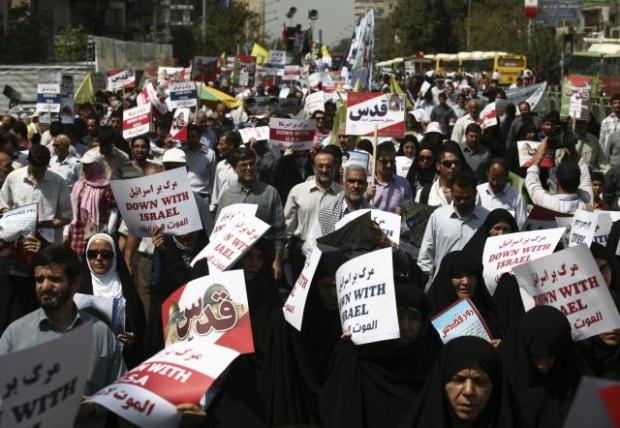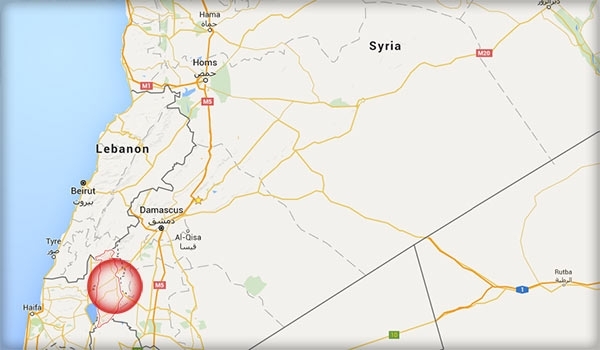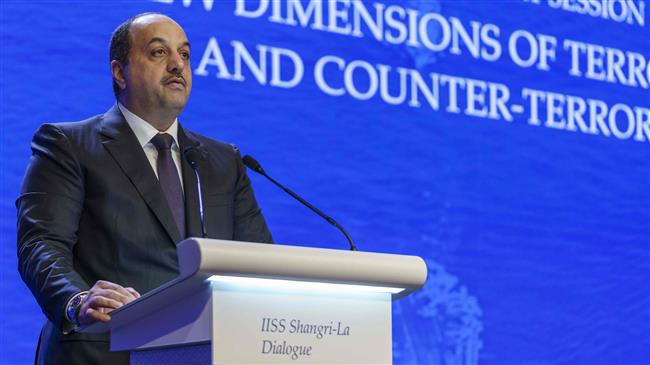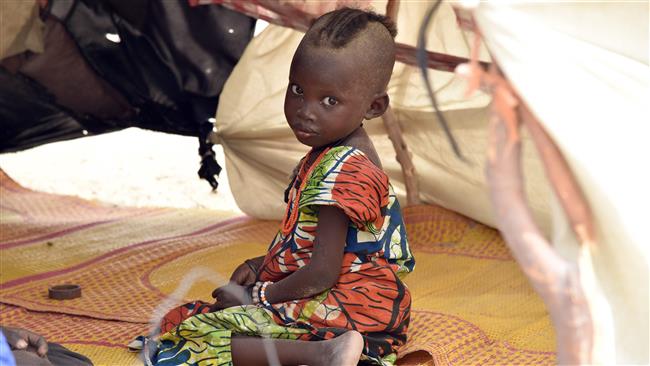‘Submit evidence of Iranian drones if you have any,’ Tehran asks Kiev
Iran has once again denied providing Russia with drones in the Ukraine war, asking Kiev to submit evidence of such drones if it has any.
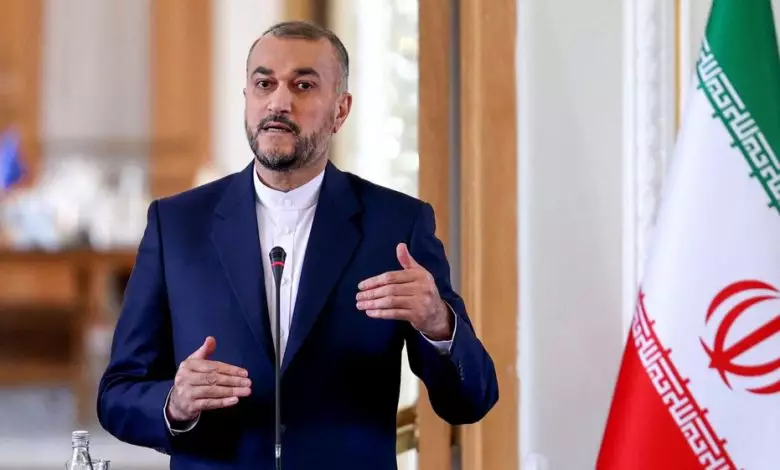
“We have told Ukrainian officials to produce any evidence on deployment of Iranian drones in the Ukraine war,” Foreign Minister Hossein Amir-Abdollahian said during a telephone conversation with his Croatian counterpart Gordan Grlić Radman on Wednesday.
Amir-Abdollahian was commenting on claims made by some Ukrainian officials about alleged unmanned aerial vehicles provided by the Islamic Republic to Russia.
He also said, “We have been and continue to be strongly opposed to warfare and armament of either side of the war.”
The Iranian official acknowledged Tehran’s years-long defensive cooperation with Moscow, but asserted that the Islamic Republic had not “supported the war on Ukraine, and had not provided any Iranian armaments to Russia for application in this war.”
Speaking on Tuesday, Iranian Foreign Ministry’s spokesman Nasser Kan’ani called such allegations “unfounded”, which had been made on the basis of “misinformation and ill-intentioned presumptions.”
Iran, the official noted, was ready to hold dialog with Ukraine towards nullification of the allegations. Since the onset of the war, Iran has been observing a policy of “active neutrality,” expressing its opposition to continuation of the war, and emphasizing the need for peaceful resolution of differences between Moscow and Kiev, Kan’ani added.
The anti-Iran claims first emerged in July, with US National Security Advisor Jake Sullivan alleging that Washington had received “information” indicating that the Islamic Republic was preparing to provide Russia with “up to several hundred drones, including weapons-capable UAVs on an expedited timeline” for use in the war in Ukraine.
Also on Tuesday, however, the Pentagon said it could not confirm transfer of any Iranian weaponry to Russia.
Speaking earlier in the month, the Kremlin’s spokesman Dmitry Peskov had likewise dismissed such allegations, saying the hardware that was being used in the operation was Russian.
Separately, Amir-Abdollahian referred to an European Union foreign ministerial session that decided earlier in October to levy sanctions against 11 Iranian individuals and four entities, over Iran’s response to the foreign-backed riots that followed the death of a young Iranian woman.
Amir-Abdollahian condemned the EU’s measures, saying they had been adopted based on misinformation.
“I had warned (the EU foreign policy chief) Josep Borrell concerning the issue,” the foreign minister said, adding, “My colleagues are examining [adoption] of a proportionate and reciprocal countermeasure to the EU measures.”
Protests over the death of Mahsa Amini erupted first in her native province of Kordestan and later in several cities, including the capital Tehran. Amini fainted at a police station and was pronounced dead days later on September 16 at a Tehran hospital. However, some extremist elements derailed the protests and incited violence against security forces.
The Iranian and Croatian foreign ministers also addressed the issue of the two countries’ ties, laying emphasis on the need for deepening of the cooperation.
